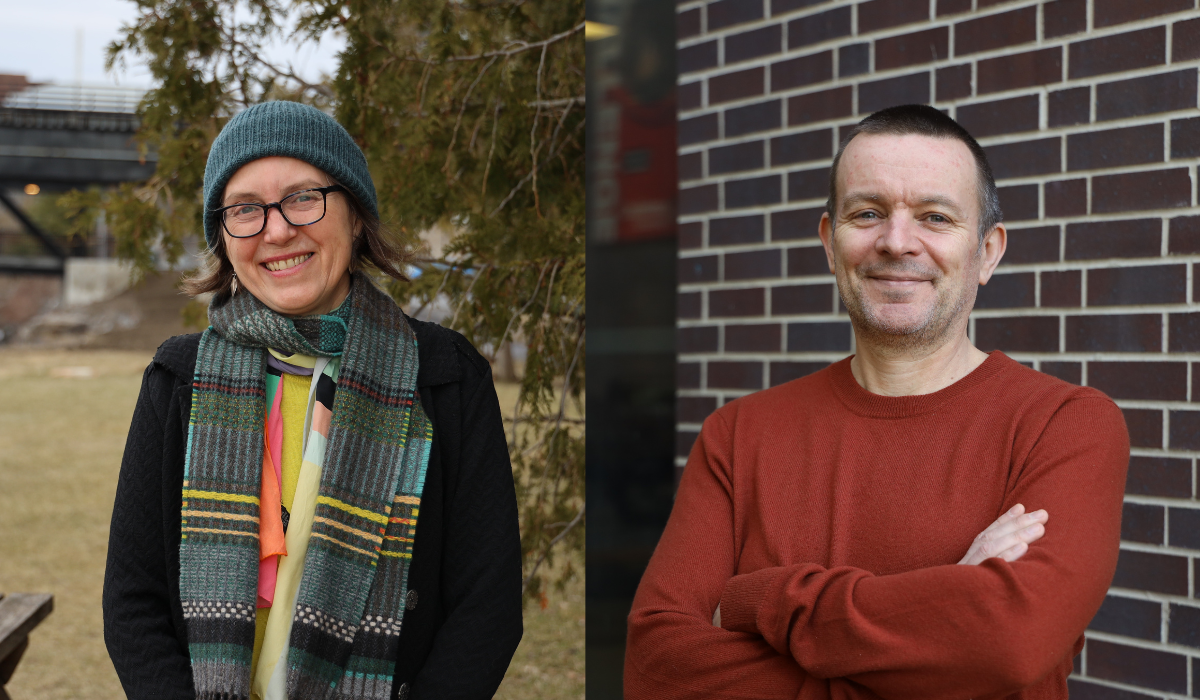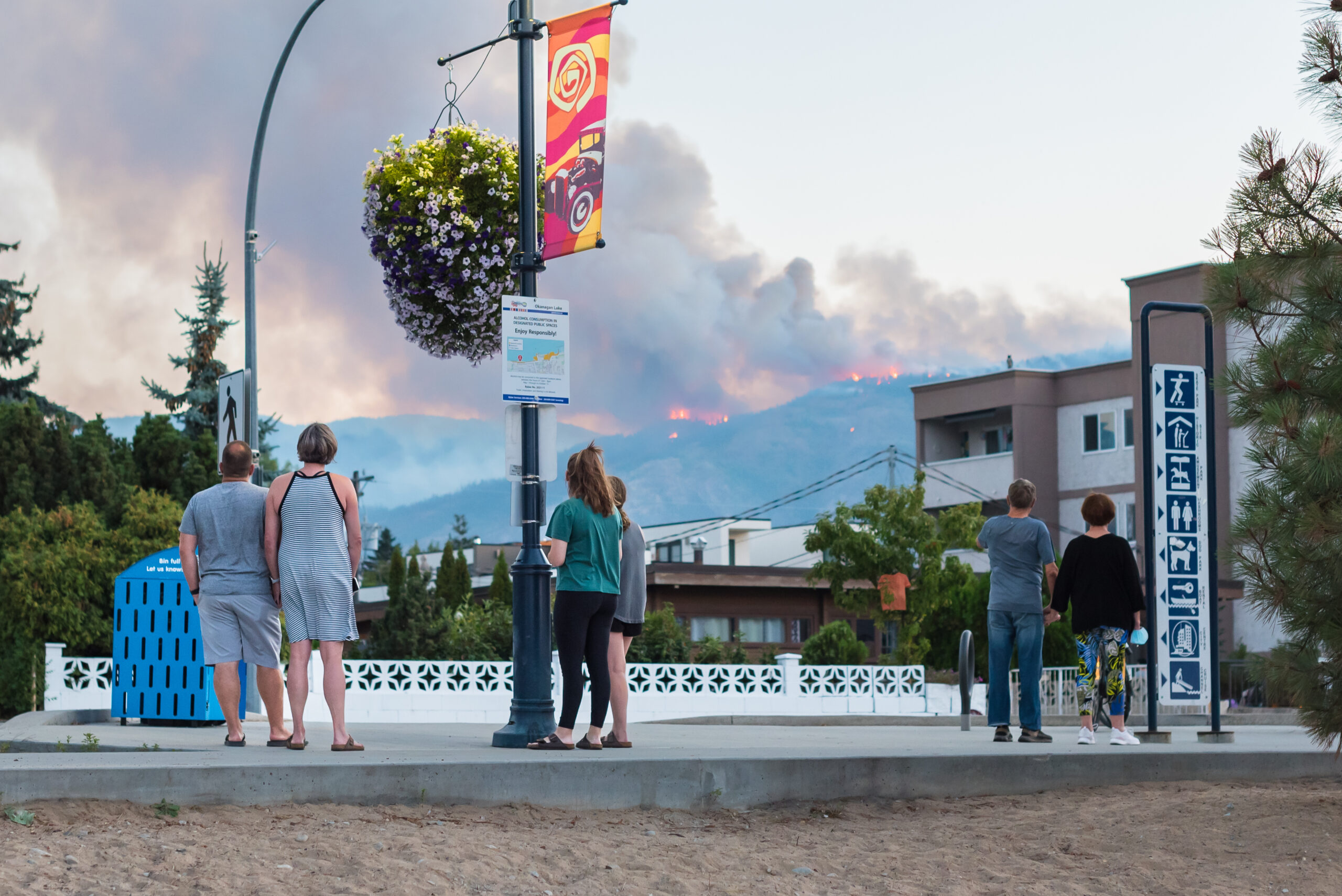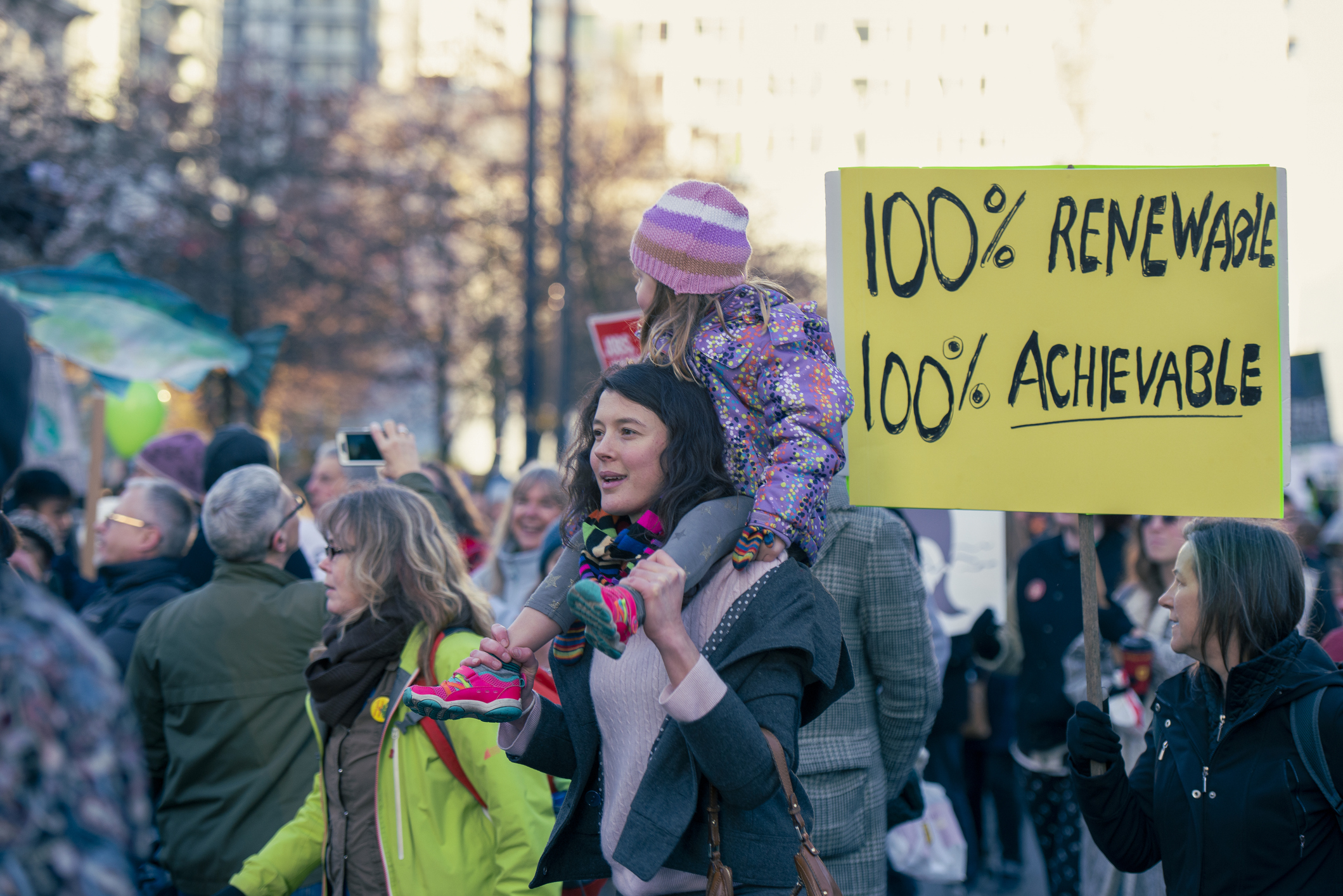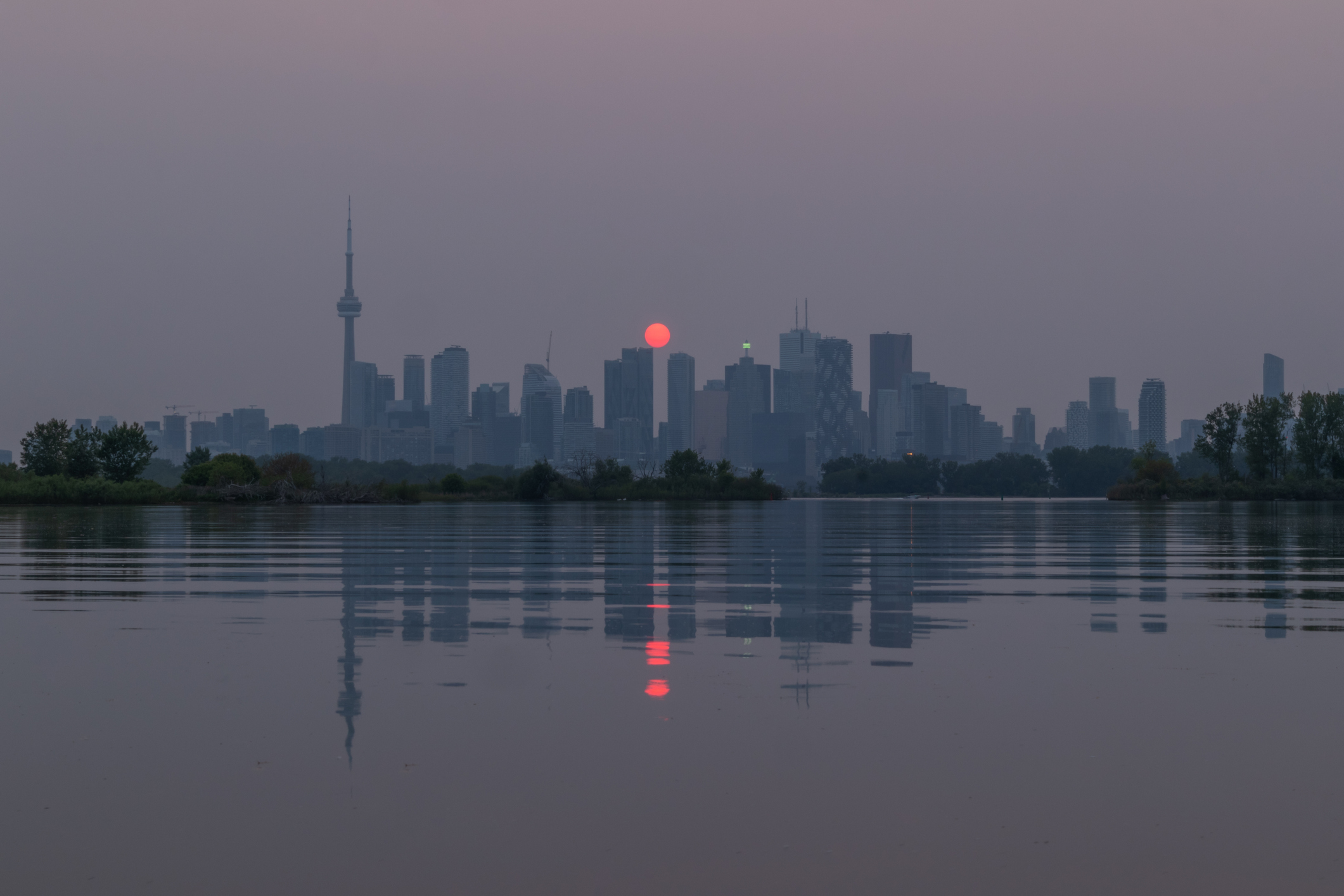As political discourse becomes increasingly fragmented and polarized, public involvement in Canada’s climate conversation is more difficult and contentious than ever.
To improve how we engage with people on climate and energy issues, Carleton University researchers Barbara Leckie and Chris Russill collaborated with civic sector leaders to launch Re.Climate – Canada’s national centre for training, research and strategy around climate change communication.

The centre brings researchers and professionals together from across the country to share knowledge and train leaders on how to better integrate climate communication into their own organizational and outreach efforts.
“We want to have a better conversation on climate in Canada,” says Chris Russill, a researcher in Carleton’s School of Journalism and Communication. “One that better reflects peoples’ experiences, better connects them to their communities and is more consequential in making a difference in their lives – which means knowing where they are on the issue and working toward improvements each and every day.”
Mapping Canada’s Climate Conversation
In just one year, Re.Climate has grown into a network of over 3,000 members across Canada, offering resources, training and research to professionals, policymakers and a civic sector anxious to know what people across Canada are really thinking, feeling and saying about climate change.
To complicate things, this conversation is happening across multiple geographical and digital spaces, making it hard to follow at any given moment in time.

To address this, the centre takes an integrative approach to understanding these local, provincial and national conversations by looking for points of commonality – rather than division – and hosting working groups with experts from across the country.
These working groups gather research on public opinion, audience segmentation, media content, misinformation and digital engagement, synthesizing this knowledge into timely reports that speak to the needs and concerns of the community.
“There’s a lot of climate research that never makes its way into the hands of policy makers, community leaders and the people doing this important work,” says Amber Bennett, Re.Climate’s executive director. “Part of our job is to bridge that gap.”
The idea for a national centre emerged from parallel discussions among academics and professionals. On one end, the civic sector recognized the need for a Canadian organization able to generate timely research in order to advance public engagement with climate change. Meanwhile, academics in Canada were frequently interacting with climate communication centres in the U.S., U.K, Australia and Europe, but had long realized the limitations in adapting this work to issues closer to home.
“Centres like this exist around the world, but the Canadian context requires unique, region-specific approaches,” says Bennett, explaining how Canada’s west, east, north and south all face different challenges when it comes to changing climates.
“There isn’t a one-size fits all strategy that works per province, let alone for the entire country.”
Expanding and Reimagining What’s Possible
Mapping out the highs and lows of Canada’s current climate conversation is just the first step for Re.Climate – the next is to reimagine what thoughtful, informed and engaged discourse around climate could look like in this country.
According to the centre, the solution is more collaboration with a civic sector to rebuild public trust and a sense of common purpose for the country’s energy transition. Schools, museums, libraries, local media, NGOs and community groups all have a role to play and are why Re.Climate works with leaders all across the sector, including local governments.

“How we talk about climate change affects the solutions we can put into action and helps us develop a shared understanding of what’s meaningful to us,” says Barbara Leckie, who co-founded the Carleton Climate Commons and teaches in the Department of English Language and Literature and the Institute for the Comparative Study of Literature, Art, and Culture.
For example, the centre is currently working with cities across Canada, including Ottawa, to support municipal climate programming, in addition to organizing a workshop series for journalists hoping to draw research-based links to climate change in their reporting of extreme weather events.
To imagine a fair and inclusive energy transition, Re.Climate researchers believe we need more conversations that effectively engage people from all backgrounds by speaking directly to the issues they face.
“It can be truly hard for people to imagine what our day-to-day lives could look like without fossil fuels,” says Leckie.
“Humans aren’t solely motivated by neutrally-presented statistics and numbers – which is how scientists are required to present their findings,” she says. “The way you also engage people is by talking about the things they care about, the fears that keep them up at night, and their hopes and dreams for the future.”
